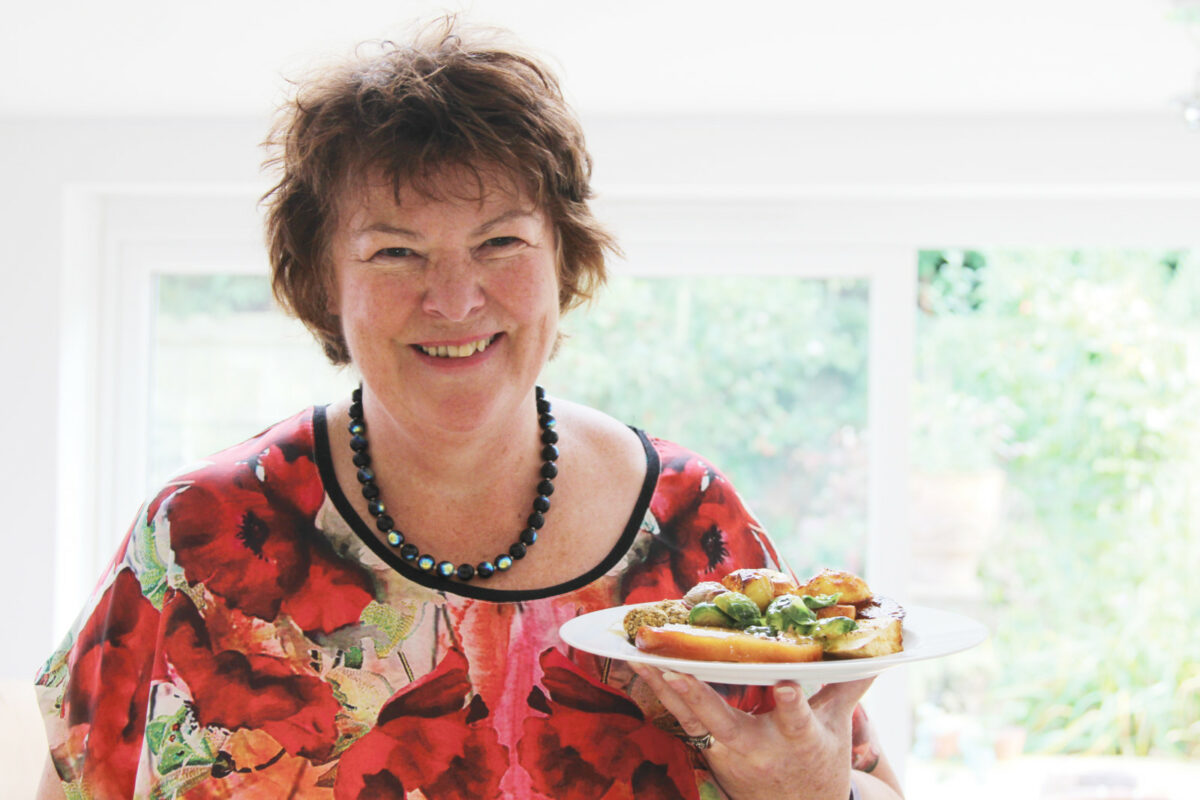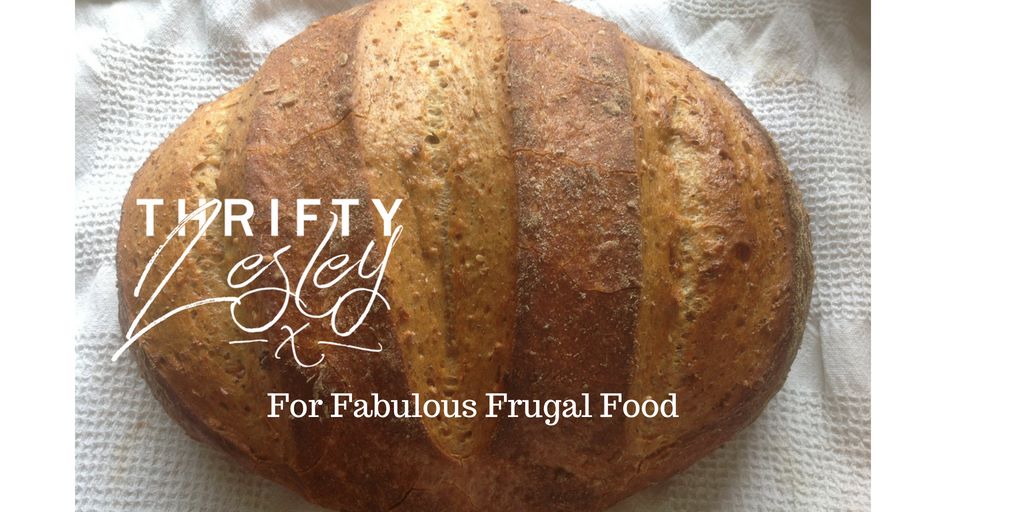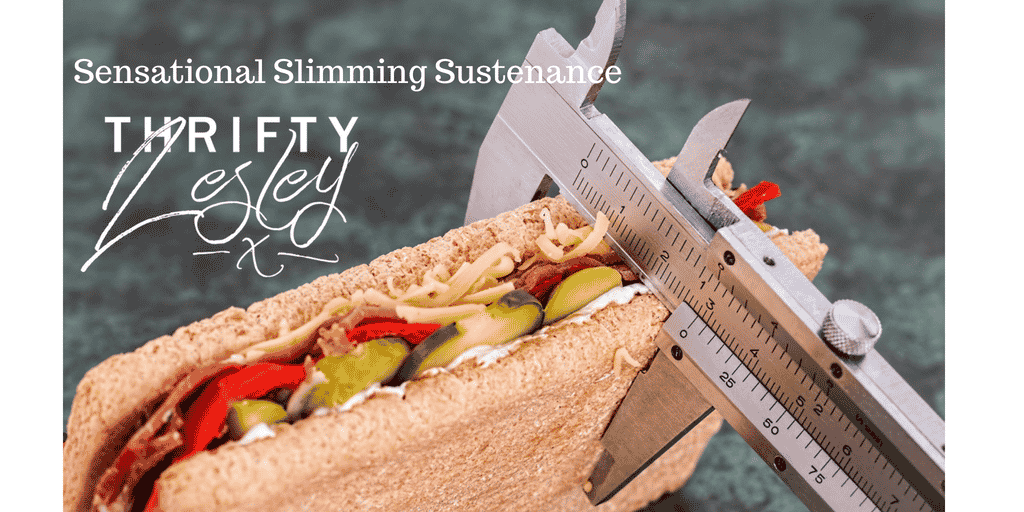There was a very interesting article in the New Scientist this week. It is talking about the evidence that a diet with carbohydrates at the level that the government currently recommends is one of the big reasons for the obesity crisis.
I find the argument compelling. Not least because I was put on a high fat diet by my coach at the gym. This has made it much easier to keep to my calorie levels, and so, gives me hope that eventually I will lose weight.
If the advice is to be believed, starchy food isn’t just bad for diabetes, it makes us fat and causes heart attacks. New Scientist 11th June 2016
It’s difficult for me to see how closely my gym diet comes to the recommendations in this article. I am on a temporary 30% fat, 30% protein, 40% carbs, before going back to a much higher level of fat and protein and 10-20% carbs in a week or so. The article splits out not only protein, fat and carbs, but also fruit, veg and dairy, in separate categories.
The evidence seems to be building against the current levels of carb consumption and I find the whole debate interesting, intriquing and thought provoking. What do you think about this latest thinking? Do you believe it, dismiss it, shrug it off as yet another bit of dietary advice?
As part of my everlasting quest to shed flab, and after discussing it with my coach, I have set a target of 10,000 steps each day, something I find as challenging as many people do to eat their 5 a day. It does seem to be working, and the scales reflect a very sloooow downward trend. As well as this, I try and get up the gym 3 times a week. Sometimes I make that, sometimes I don’t. I got up there on one of those really hot days we had recently and could only do half the workout. I came out positively puce and extremely sweaty
I have been making a lot of gratins recently, starting off with a fennel one, which was superb. Bit expensive tho, so tried a mixed one with cheaper veg, so I could write about it. I’ll price up a couple of mixes and post them in a day or so.
Image at the top of the page by betterbodychemistry.com







This is very interesting. I’m not very good at monitoring what I eat so I’m not all that sure where I stand on the satiating or health benefits of fat. The thing I do have strong feelings about is the really horrible rebound hunger from refined carbohydrates – especially for breakfast. If 5:2 taught me one thing it’s that the hunger after no breakfast is not as bad as the hunger after a poor breakfast – but people are affected differently as others have pointed out above.
I must say I’m always a bit sceptical of people who claim a direct link between obesity taking off in the eighties and a change in government advice to advocate eating more carbs, even if the advice is completely wrong. I’m not convinced people take so much notice.
Yes, your entire meal was LCHF! No wonder you were full afterwards.
The avocado has a relatively high carb value on the surface of things (9 carbs per 100g) but contains a lot of fibre (7g per 100g). When doing LCHF, you look at net carbs (carbs minus fibre, since the body responds to the fibre differently than to other carbs), which means 100g avocado has 2 net carbs. It’s one of my favourite foods, so I’ve been having a small one every day. Yum.
Wow, that was quite definitive wasn’t it. One little bit of bread!
I had a chicken leg for dinner, leftover from a roast yesterday, together with black olives, (from Approved Foods, very cheap) great for LCHF, and an avocado. Three hours later, I’m still very full – makes mental note of meal for future use
Typo: “only included the latter” should be “only included the former” — the bottom line is I thought the garlic bread was included in the meal’s nutritional information and I was wrong, wrong, wrong.
The garlic bread was a delicious, but I felt a bit nauseous afterwards, which makes sense given my insulin levels spiked after the meal. Do you remember years ago when Kate Moss said, “nothing tastes as good as thin feels”? My version of that is “nothing tastes as good as healthy insulin levels feel”!
PS I should mention that LCHF does have its advantages, above and beyond keeping my blood sugar levels within normal range. I am never, ever hungry and my energy levels are good. I also get to eat butter and cheese without guilt, which is amazing to me and makes me very happy. So, I’m not totally deprived!
Yes, 10% carbs is indeed very restrictive! I will be the first to admit this.
My motivation is different than yours, and I think that helps a great deal: I wanted to reverse my diabetes, which was getting steadily worse, despite taking stronger and stronger medication.
I accidentally ate a small piece of garlic bread a week and a half ago — when I looked at the restaurant website, I thought the nutritional information for the salad included the dressing as well as accompanying garlic bread, but it only included the latter — and that added 29g to my daily total. Two hours after the meal, my blood sugar tested (for the first time since starting LCHF) much higher than normal range!
My hope is that one day I can bump my carb intake to 35%, maybe even 45%, but that likely won’t be possible until I get my BMI below 25 🙁
I am really enjoying the comments this post has initiated.
There have been several fascinating responses and differing points of view
I struggle with fasting. I get so hungry I feel nauseous and then get really strong sugar based cravings. I am convinced by the science behind it, but a fasting day is extremely hard work for me
Claudia – I am doing 50% fat, 30% protein and 20% carbs for the next couple of weeks or so. It used to be 10% carbs, but I found that a hard number to keep to, so I’ve upped it a bit. We’ll see how it goes. 10% means more or less only the carbs from veg, I found it too restrictive. I would have kept it up if the weight loss followed!
Have done an extremely vigorous workout this morning, which I find helps with appetite control.
I will look up all the recommended reading, nutrition is a subject I find endlessly interesting
PS The reason my doctor allowed me six months before seeing a nutritionist is because she’s known me for many years, realizes I research things thoroughly, and am very disciplined. Plus her mind was put to rest when I told her what I typically ate.
For example, brunch might be a huge salad with LCHF dressing, two or three hard-boiled eggs (or chicken or tuna, some sort of protein), grated cheese. Dinner might be salmon, spinach and mushrooms, all pan-fried in butter, with 100g of blackberries for dessert.
A lot of people think LCHF means not counting calories, but I don’t think that’s the case for many of us. I try to limit myself to no more than my usual pre-LCHF 1450 a day, since I do have weight to lose. I track every mouthful using MyFitnessPal, which shows me the exact nutritional breakdown of everything I’m eating.
I was also vegetarian for most of my adulthood, and am now eating meat and fish for the first time in forever. I’d like to find a way to do vegetarian LCHF, preferably vegan, but that’s tricky to do.
I really miss bread, potatoes, pasta, rice, sugar, sugar substitutes (even zero-calorie, low-GI ones raise insulin), legumes (oh, how I miss hummus), fruit (every now and then I have 100g of berries). All were delicious mainstays of my former diet 🙁
I will say this: Giving up all of the above was hard for the first day or two, but then my cravings evaporated. I wouldn’t want to test myself by walking into a bakery, but most of the time I am okay.
What I find really interesting is finding out that human beings need protein and fat, but carbs are completely optional — good thing, considering I have no real tolerance for carbs!
The whole thing has completely blown my mind. Shopping for food has become a surreal experience.
Incidentally, I make sure to eat at least two cups of leafy greens every day plus a cup of low-carb veg; that said, it’s still hard to get as much fibre as I’m used to — on a mostly vegan, whole-foods diet, I ate upwards of 40g a day but now I struggle to get 25g.
When I saw my doctor yesterday she was amazed. She wants to test my cholesterol and blood sugar levels in three months, plus send me to a nutritionist in six months (after me reeling off a typical day of meals).
I forgot to mention: Even though I haven’t done days of complete fasting yet, I do intermittent fasting. What does that mean? I only eat twice a day: Brunch at around noon, dinner at 7pm, no snacking. The key is to give the body a rest from perpetually having to process food.
That’s quite an outcome!
I put on quite a lot of weight whilst we were vegetarian, which we were for about 17 years. Not because of the vegetarianism, but because, I now think, what we were eating was much more carby.
I’m switching back to my lower carb on Monday, having had a few weeks with a few more. My coach at the gym advised it
I spent most of my adult life eating a low-fat, high-carb diet, getting progressively heavier despite eating fewer calories than a woman my height, weight, age supposedly needs to maintain a healthy BMI. A few years ago I became (type 2) diabetic and was put on medication, despite following all the traditional nutritional guidelines given to diabetics.
Last month I read Dr Jason Fung’s book, THE OBESITY CODE. It explained so much! Since then I switched to a low-carb, high-fat (LCHF) diet, measuring my blood sugar levels before and two hours after each meal. (He also advocates fasting periods, but I haven’t done that yet.)
From the very first LCHF meal, my results were NORMAL. Knowing I was getting lab work done and seeing my doctor in two weeks time, I decided to go off my medication and do strict LCHF (10% carbs, 20% protein, 70% fat). Every single result was still within normal range — without medication. I’ve also lost a bit of weight, as an added bonus.
So, I’m a believer. If you’ve been diagnosed with PCOS, or been told you’re diabetic or even pre-diabetic or insulin resistant, it is worth trying.
Aside from Dr Fung’s book, I also recommend going to the dietdoctor.com website for more information.
miss piggy, the captcha is supposed to be a simple tick box. I don’t know when or where that was changed, I’ll try and get that back
your 2nd sentence in 2nd para is probably horribly true. Agree re Med diet and am pretty much doing that, with a higher fat bias
It’s a complicated area, with ever changing advice
I think as Paula says, the key point is that everyone is different. Our genetic family trees take us back to a whole range of places where survival might have depended on a whole range of different things depending on what food was available and what type of energy use was needed to survive.
It’s telling that governments tend to promote food that is cheap and easily available as ‘healthy’. The most consistent evidence base says to follow something like the Mediterranean diet. But there are already huge shortages of olives, avocados, fish and so on. If government actually came out and said, sorry, most of you are stuck with refined carbs and factory-farmed meat even though it’s horribly bad for you and the environment, that would be a lot more honest!
PS The capcha is going to be really difficult for some people, any chance of a different approach?
I’ve been struggling with these issues for ages and all I can say is that low carb/high fat does not work for me, it doesn’t stop my hunger as it should do I end up overeating on high calorie (fat) food. I find complex carbs much more satisfying. I also think that in the long run lchf diets will be bad for gut health.
Everyone is different and what works for one won’t necessarily work for another/everyone. I wish things weren’t “pushed” so hard making people think they are doing the wrong thing when they may be doing something better for their particular body type, even if they are still consuming too much resulting in overweight. The nation’s health was best during the war when we are less and some things were strictly rationed such as meat, eggs, fat etc. I’ve now decided to stick to “basic” eating as since trying out low carb plans I’ve increased in weight simply because they don’t suit my body.
I would just like to add that I got fat whilst eating a high complex carb low fat, vegan diet which I maintained for over 20 years. Everyone should just do what works for them.
Hi, I lost all the weight I needed to doing low carb a few years ago. It was easy because I wasn’t hungry whereas I am normally hungry all the time. Unfortunately the rest of my family love carbs and, eating the same as them, I put the weight back on. So I am going through it all again. The idiot Proof Diet recipe book has some great recipes. It isn’t easy to do very cheaply, though, even as a vegetarian.
Look up Dr Jason Fung. He has much to say on low carb helping diabetes, including lots of the science behind it.
I will weigh in here just briefly. While it is true that our society is eating too many refined carbs and processed foods, I think unrefined, whole carbs like potatoes, brown rice, and grains are much better than excessive amounts of protein and fat. Our bodies need carbs to give us energy but they don’t need the nutritionally void carbs and sugar in the highly processed foods that most people eat today. I recommend looking up Dr. John McDougall on YouTube for more information on this topic. At least it will be food for thought. Yikes, two food puns in one post!
The Chinese government is concerned by the rise in obesity among their people. It has advised deceasing dairy, meat and egg intake.
http://www.onegreenplanet.org/environment/chinas-dietary-guidelines-to-reduce-meat-consumption/?utm_source=Green+Monster+Mailing+List&utm_campaign=20d351d012-NEWSLETTER_EMAIL_CAMPAIGN&utm_medium=email&utm_term=0_bbf62ddf34-20d351d012-107266725